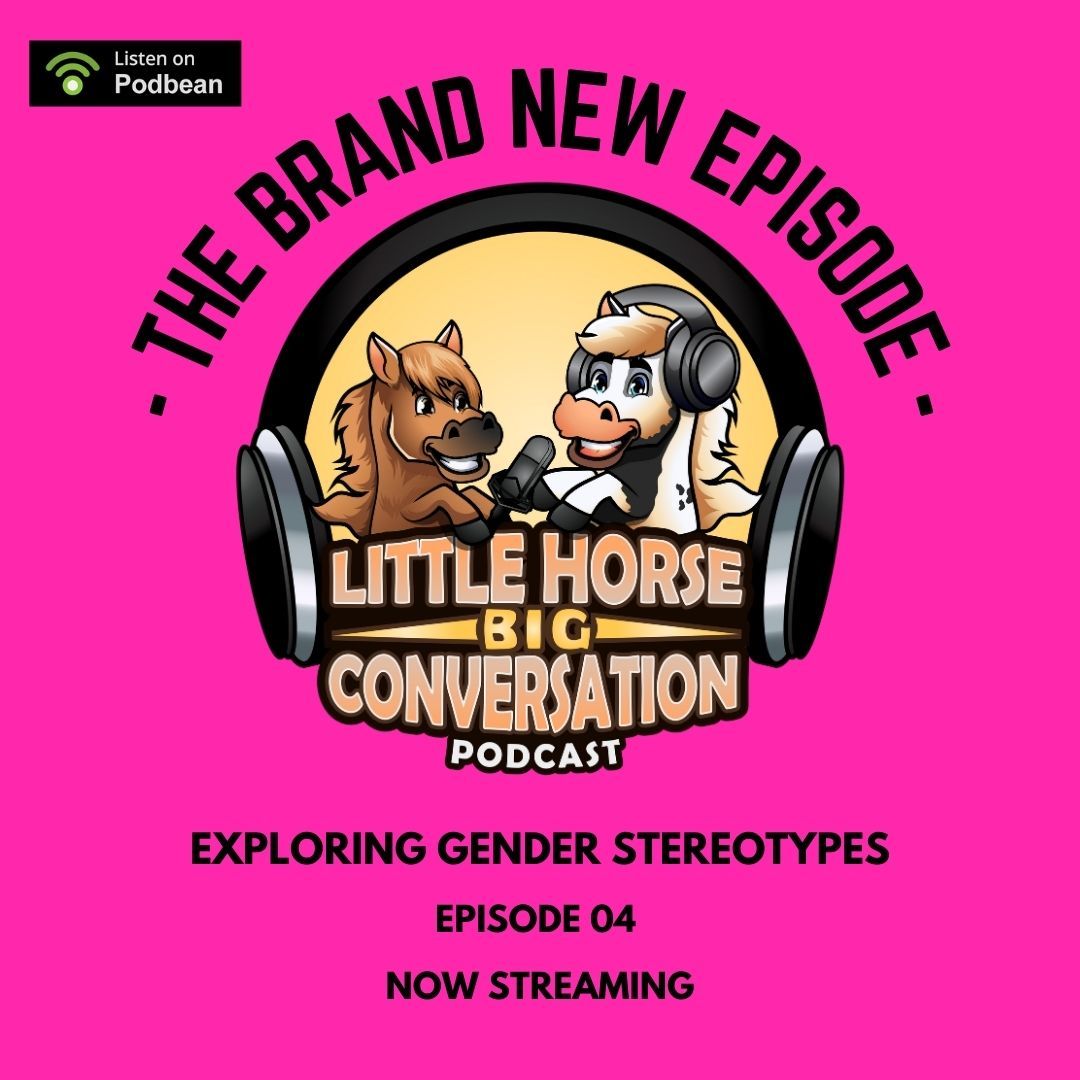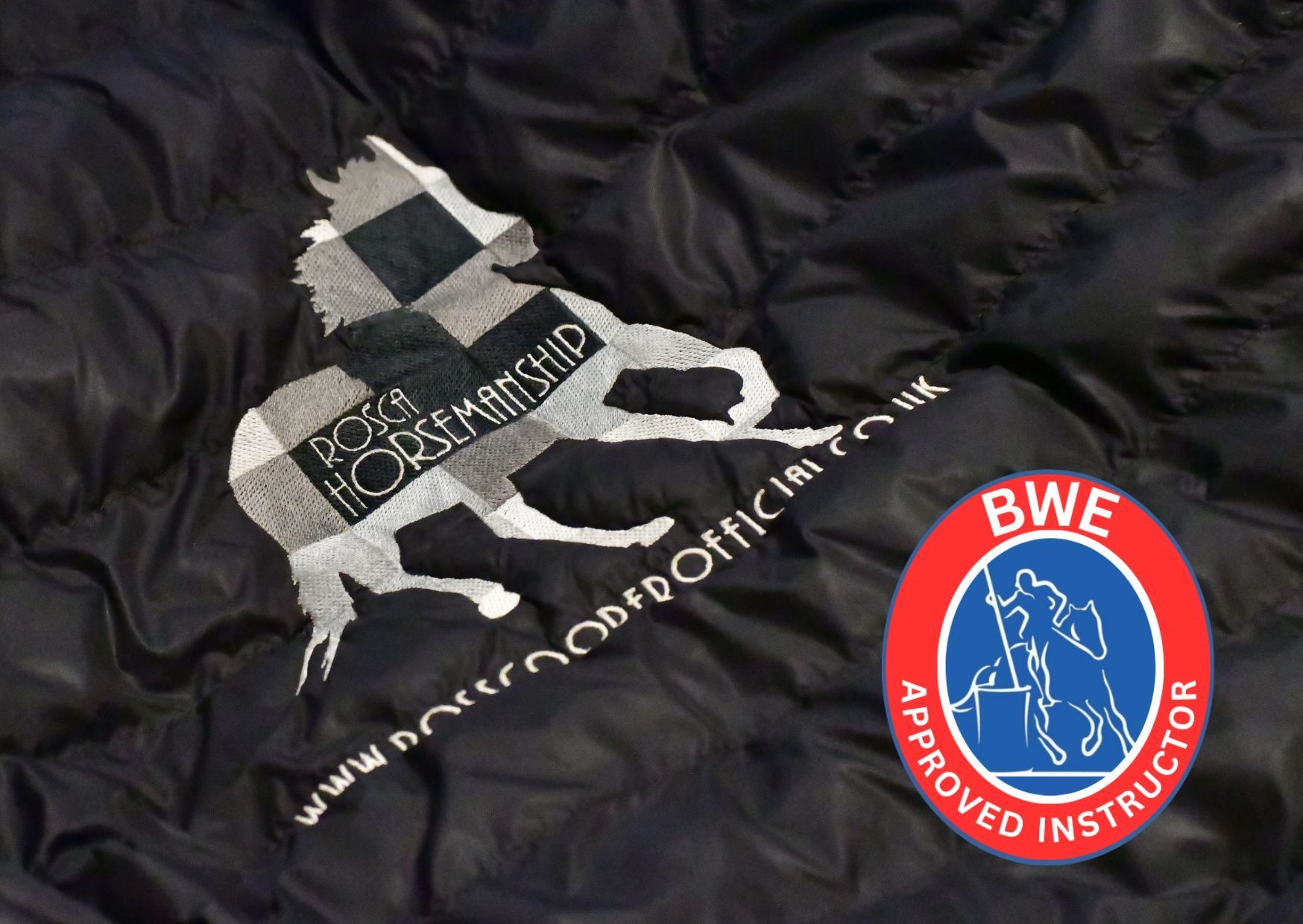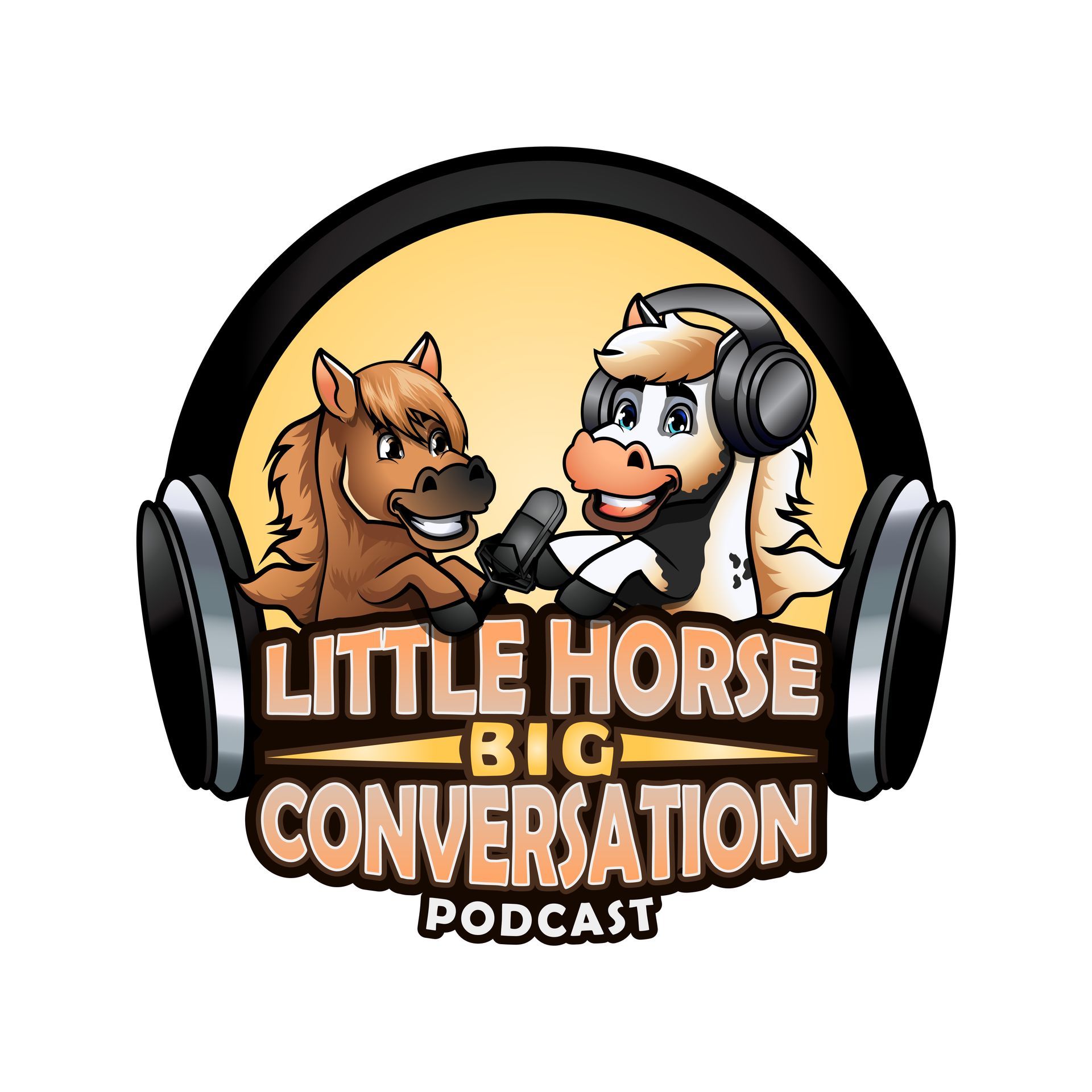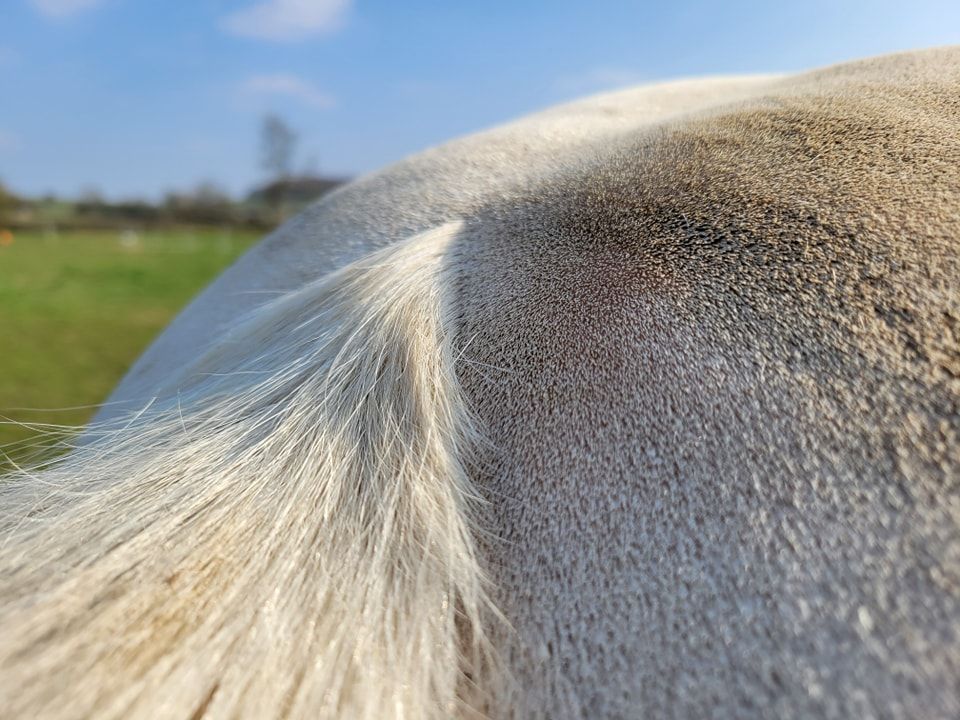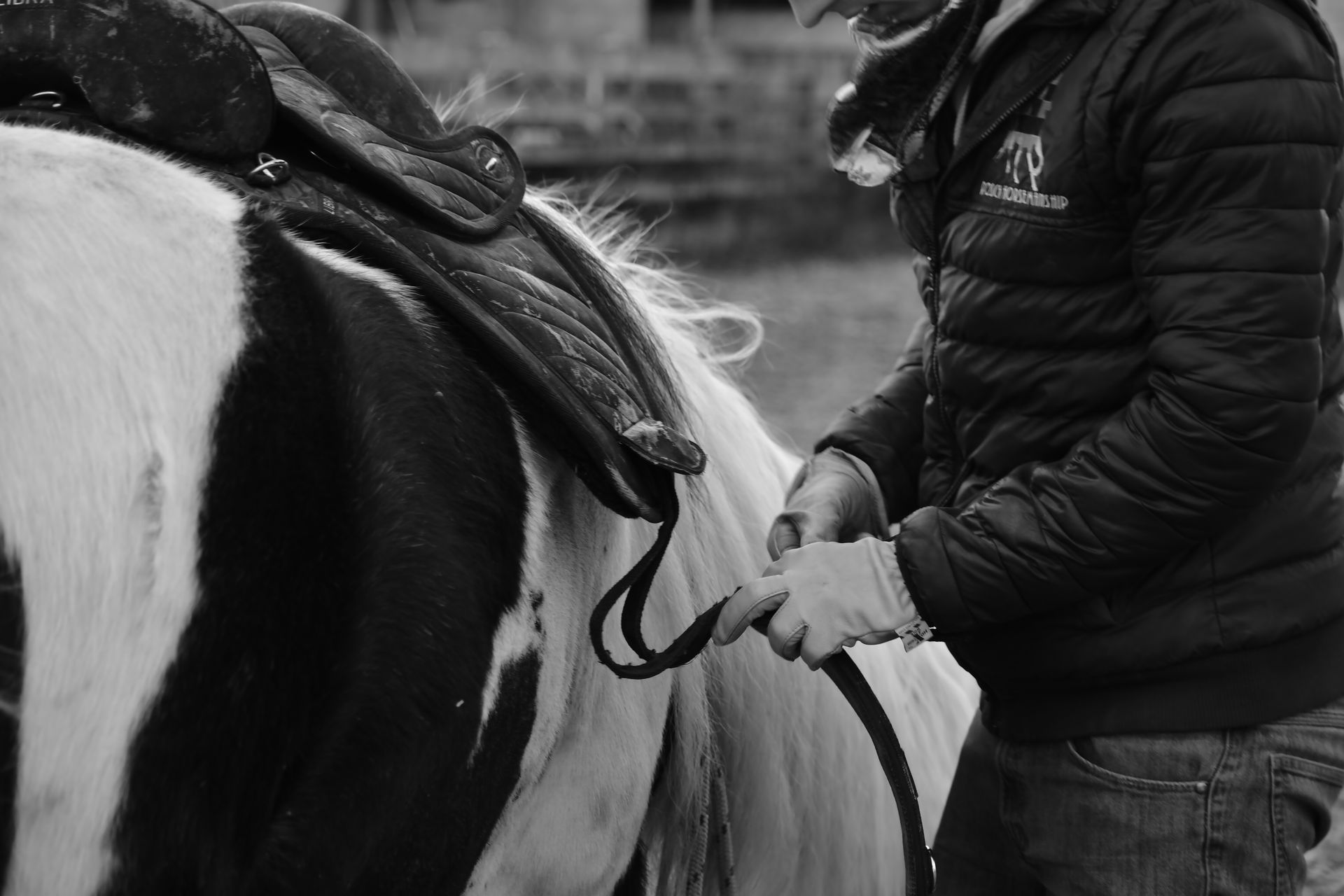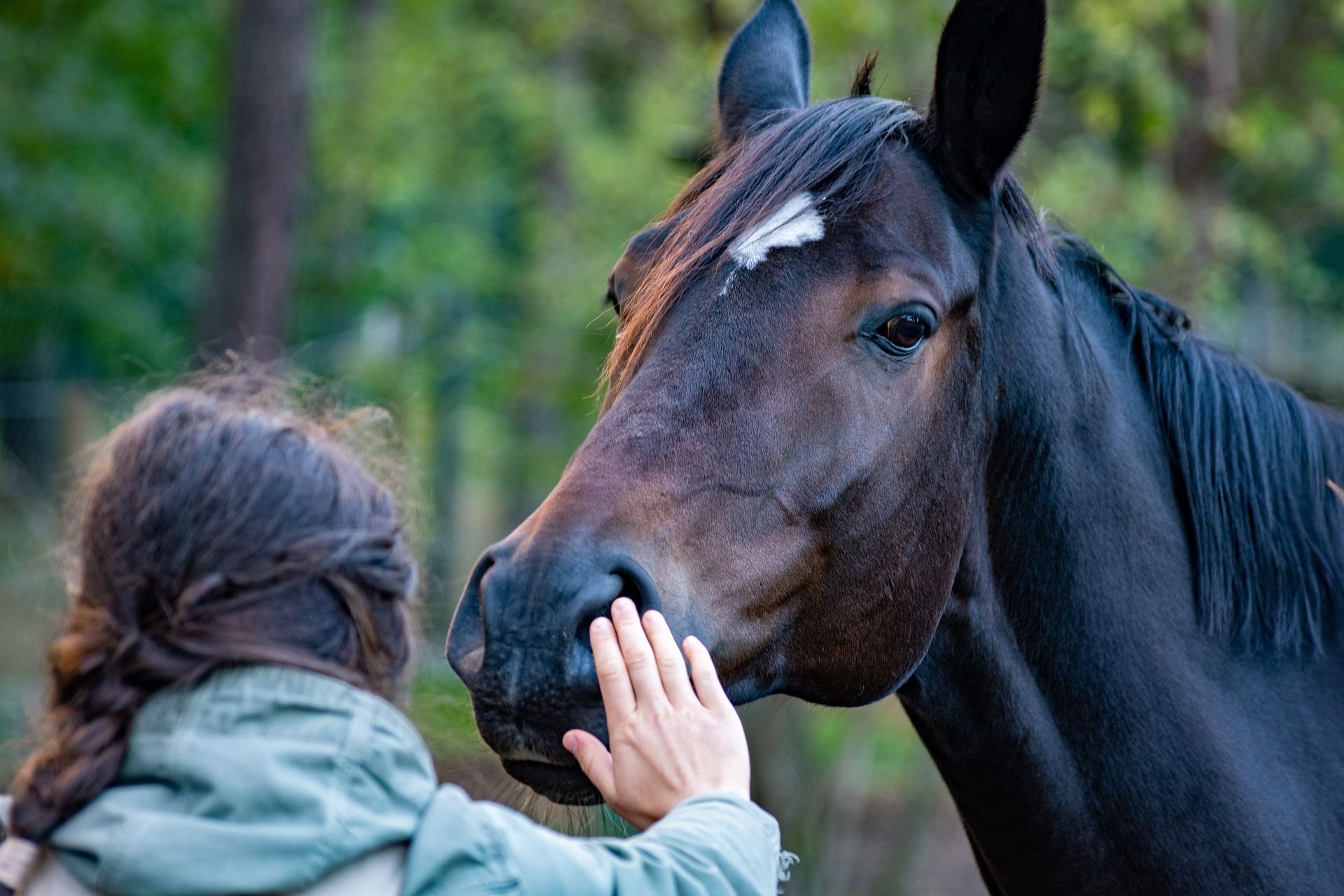When I Can Hear You From Madeira..
When I Can Hear You From Madeira...
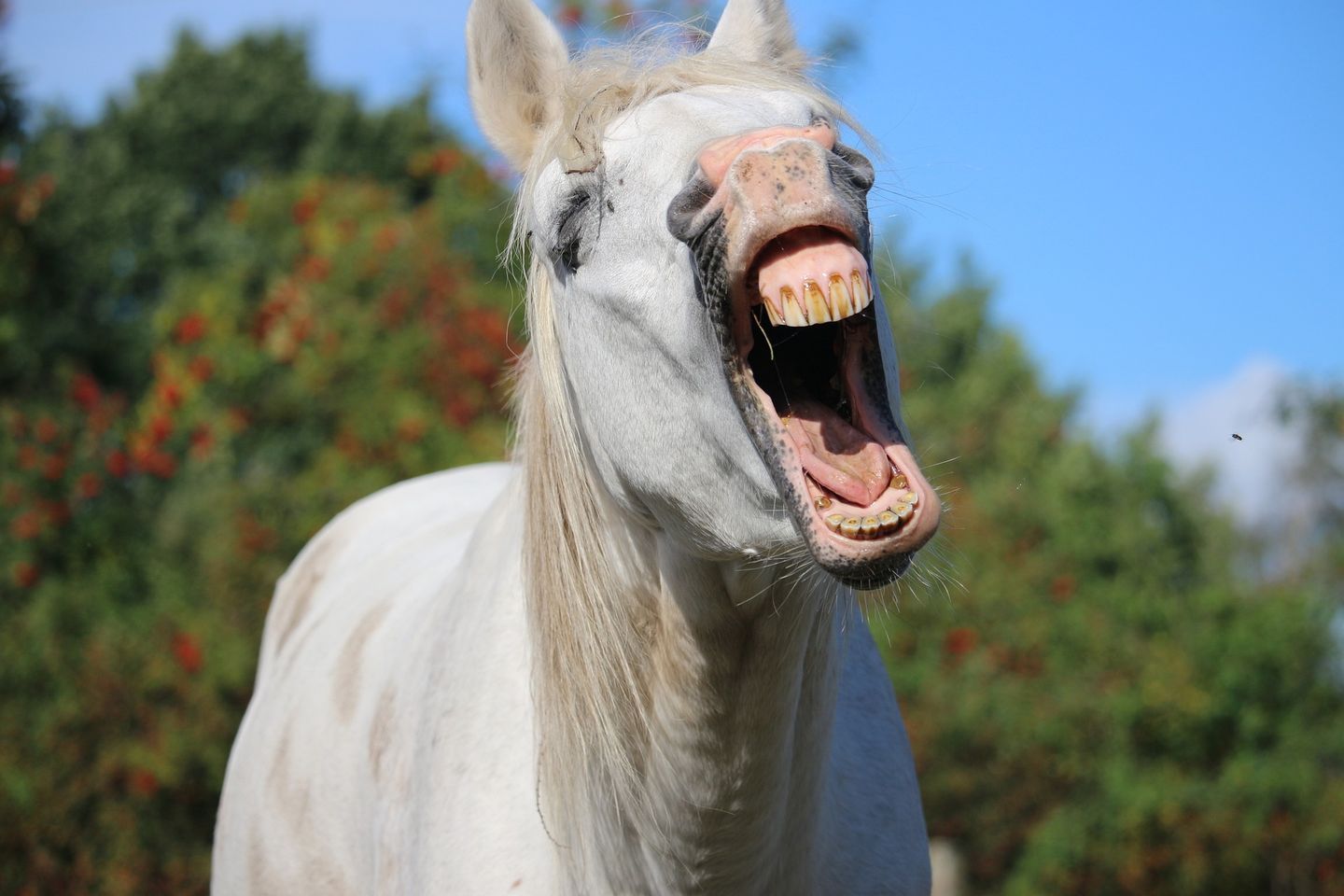
When I can hear you from Madeira..
On a trip to Madeira earlier this year, my girlfriend was on the phone a few feet away from me to a friend back home.
After a few minutes, blasting through the speaker came aggressive shouting and swearing from others in the background directed towards a young horse, drowning out the conversation between the two.
Now, If I can hear someone from 3000 miles away yelling at a horse, never mind from across the yard, there is problem.
There are two questions here; why does someone shout, and why do they feel the need to shout?
Horses are big (not all of them!) creatures with a mind all of their own, and when things don’t fall in with the parameters of the person, it can evoke a number of reasons as to why someone may begin to shout and feelings as to why they feel the need to.
We may shout because we are trying to be authoritative, we may shout to ensure we are heard, we may shout because we are ourselves trying to overpower a situation we are losing control of.
We may shout because we feel frightened, because we feel frustrated or because we feel
angry.
Unfortunately for some equestrians, horses can evoke all mentioned above!
To feel emotion is okay, it is healthy, it is necessary. Yet we need to feel our emotions with accountability. What is not okay is for the horse to have to bare the brunt of these negative emotional outbursts.
For the person, shouting and screaming at a horse usually comes from a feeling of fear or frustration, with the aim of trying to control and dominate the horse in some manner.
To be shouted at consistently over time increases the activity in the part of the mammalian brain known as the Amygdala, often referenced as the horses emotional centre that plays a key role in the processing of fearful events and stimuli.
Over time this increases the level of reactivity and startle response in the horse, essentially programming their brain to be more reactive, more spooky and more unsettled. This over time can contribute to a myriad of health and behavioural changes.
And for the one doing the yelling? Well, as we’ve touched on, let’s just say they’re not feeling pretty good about things either!
Shouting can become a pattern for a person in itself; just as the horses brain responds to being shouted at, the brain of the one doing the shouting will wire as the default response as a result of dysregulation within the body and mind of the person creating a cycle between these emotions we have mentioned and the negative physical responses that can occur as a result; being too ‘handsy’.
I find it ironic that as the silent screams of the horse often go unnoticed, that many people try and shout even louder.
If you are reading this and find you may be yourself in a shouting cycle, you’ve already made the first step.
The second is to bring this awareness in to practice, listen to the situations that you enter with tension or emotions start to change.
The quieter you are, the more you will hear.


